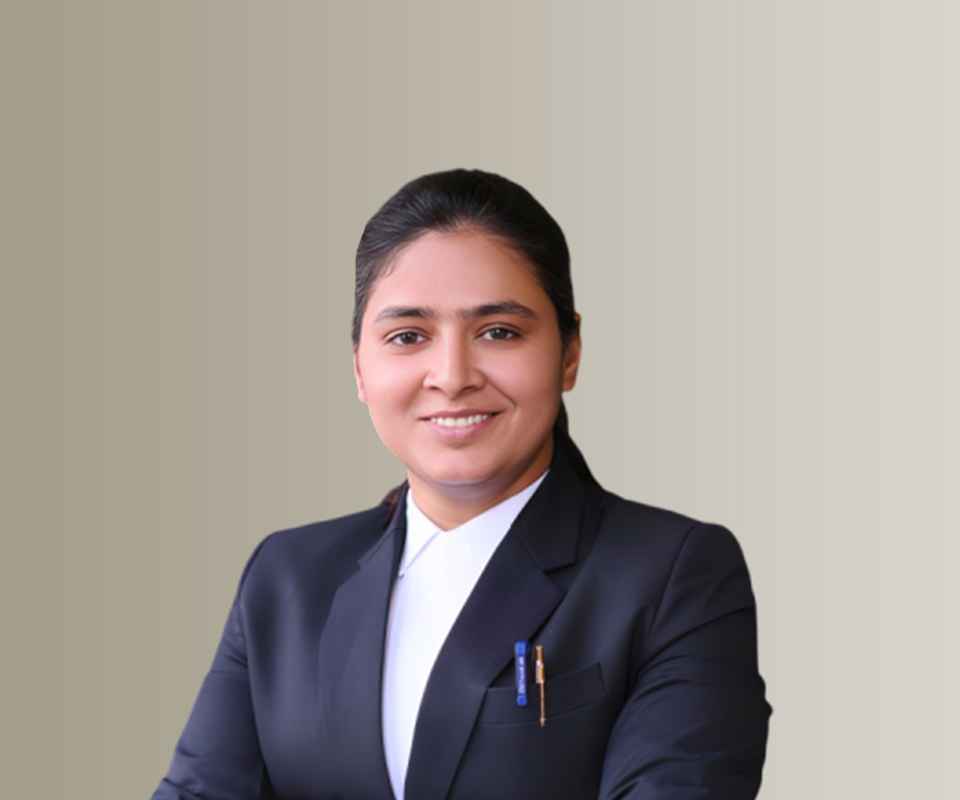Answer By law4u team
In any accident case, the insurance company plays a significant role, especially in cases involving motor accidents. Whether the accident involves personal injury, vehicle damage, or fatalities, the insurance company is often responsible for compensating the victims based on the terms of the insurance policy. The role of the insurance company varies depending on the type of coverage and the specifics of the case, but their main function is to assess, process, and settle claims in accordance with the insurance policy.
Role of the Insurance Company in an Accident Case
Evaluating the Accident Claim:
After an accident, the victim or the responsible party (the policyholder) notifies the insurance company. The company then investigates the details of the accident to determine its cause and whether it’s covered by the insurance policy.
Insurance adjusters will assess the damage to property (like vehicles) and medical expenses related to injuries. They may also analyze police reports, witness statements, and medical records to understand the extent of the loss.
Types of Insurance and Coverage:
Third-Party Insurance:
Under the Motor Vehicles Act, 1988, it is mandatory for all vehicles to have third-party liability insurance. If a third-party (like a pedestrian or another driver) is injured in an accident, the vehicle owner’s insurance company is responsible for compensating the injured party. The insurance company covers medical bills, loss of income, and pain and suffering for the third-party victim.
Comprehensive Insurance:
If the vehicle owner’s insurance includes comprehensive coverage, it can also cover the damages to the vehicle caused in the accident, as well as the injuries to the driver or passengers. This may include repair costs, replacement costs, and medical expenses.
Personal Accident Insurance:
This type of insurance is designed to cover personal injuries (like medical expenses and disability) resulting from an accident, either while driving or as a passenger. In case of fatal accidents, the insured or their family may receive compensation for death benefits.
Providing Compensation for Injuries:
If the victim has medical expenses, the insurance company may cover those costs, depending on the type of insurance policy. This can include hospital bills, surgical costs, medication, and rehabilitation costs.
The insurance company may also offer compensation for lost wages if the victim is unable to work due to the injury. This is usually based on the victim’s average income and the duration of their recovery.
Property Damage Claims:
If a vehicle or property is damaged due to the accident, the insurance company will either pay for the repair costs or provide compensation for the total loss of the vehicle. The company may send an adjuster to assess the damage and determine the market value of the vehicle.
If the accident involves collision or comprehensive insurance, the insurance company is responsible for the vehicle repairs or replacement costs. In cases of hit-and-run accidents, the victim’s own insurance policy may cover the property damage under certain clauses.
Legal Defense and Settlements:
If the accident case goes to court, the insurance company may represent the insured party in legal proceedings. In cases where the insured driver is at fault, the insurance company will handle liability claims and defend the driver, within the terms of the insurance policy.
Insurance companies are also involved in the settlement process. If the case is out of court, the company may negotiate a settlement with the victim or their legal representatives to provide compensation without the need for prolonged litigation.
Paying for Death Benefits in Fatal Accidents:
In the event of a fatal accident, the insurance company provides compensation to the legal heirs of the deceased. This could include funeral expenses, loss of dependency, and loss of consortium (for spouses or children).
The amount is generally calculated based on the deceased’s income and the number of dependents.
Ensuring Compliance with Legal Requirements:
The Motor Vehicles Act, 1988 mandates that vehicle owners carry third-party liability insurance. If the driver or vehicle owner is found guilty of causing an accident, the insurance company will cover the third-party claims, subject to policy limits.
The insurance company must comply with Indian laws and ensure that compensation is provided within the legal timelines. If the company delays the settlement, the victim can approach the Consumer Forum or the Motor Accident Claims Tribunal (MACT).
Steps in the Insurance Claim Process for Accident Victims:
Report the Accident:
After an accident, the victim (or the insured party) should immediately report the incident to the insurance company. The company typically requires details such as the accident report, police FIR, and medical reports.
File an Insurance Claim:
The victim or the vehicle owner files a formal claim with the insurance company, providing necessary documents like the FIR, medical bills, repair bills, and any other relevant evidence (e.g., photographs of the scene).
Claim Assessment:
The insurance adjuster assesses the extent of damage or injury and verifies the claim. If the accident is the fault of the insured driver, the company may cover third-party compensation and repair costs. If the driver was not at fault, the insurance company may also pay for the victim's injuries (if the policy covers it).
Settlement or Denial of Claim:
Based on the findings, the insurance company will either settle the claim or deny it if the terms of the policy do not apply to the circumstances. If the claim is approved, the victim or insured party receives compensation as per the policy limits.
Court Proceedings (if applicable):
If a dispute arises and the claim is not settled satisfactorily, the matter may go to court or tribunal. The insurance company will be legally obligated to honor the terms of the insurance contract.
Example:
Example 1:
A person is involved in a motor accident where the other driver is at fault. The victim has third-party insurance and files a claim with the insurance company for medical expenses and property damage. After submitting the FIR and medical bills, the insurance company settles the claim by covering hospital bills, rehabilitation costs, and vehicle repairs.
Example 2:
A hit-and-run accident occurs, and the victim’s vehicle is damaged. Since the driver is untraceable, the victim files a claim under their comprehensive insurance policy. The insurance company assesses the vehicle damage and provides compensation for repairs, even though the responsible driver cannot be identified.
Conclusion
The insurance company plays a crucial role in accident cases, particularly when it comes to compensating victims for injuries, property damage, and fatalities. Whether through third-party liability insurance, comprehensive coverage, or personal accident insurance, the company helps victims cover medical costs, repair expenses, and other losses. The claims process involves investigation, assessment, and settlement, ensuring that victims receive the compensation they are entitled to under the terms of the policy. If disputes arise, the victim may seek legal recourse through the Motor Accident Claims Tribunal (MACT) or court.







